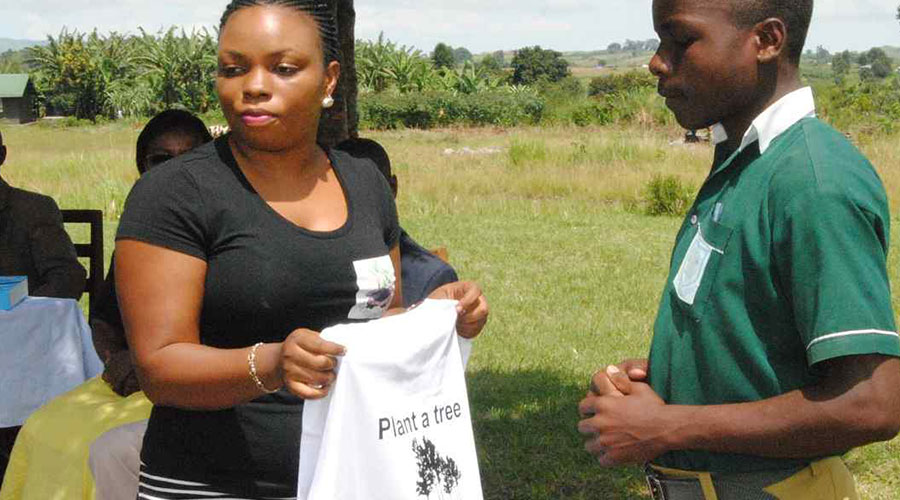
There is evidence that when adolescents and young adults are skilled, productively engaged, and/or earning incomes, they tend to be less pre-disposed to activities and situations that are inimical to their reproductive health and overall well-being. The implication is that efforts to advance youth reproductive health need to go beyond health-related interventions by incorporating strategies that address some of the broader economic and life skills factors which hinder young people from protecting their reproductive health.
